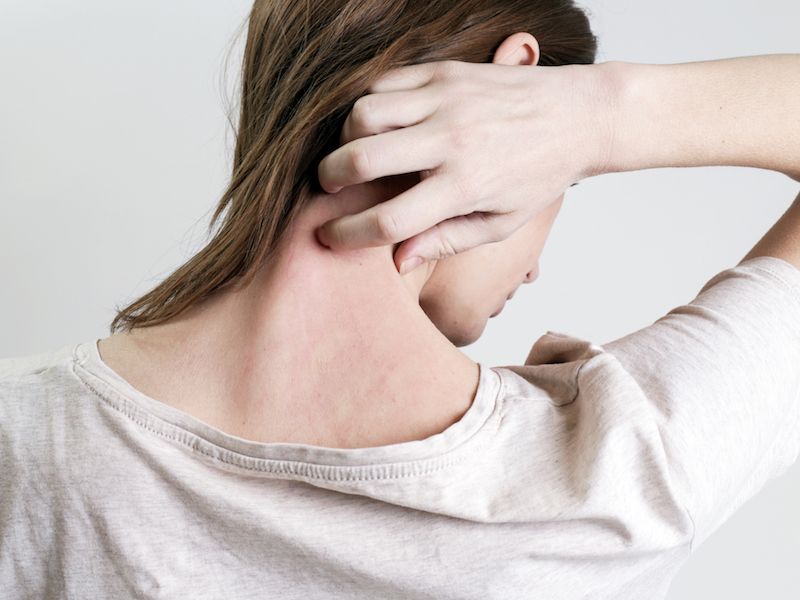
When you think of psoriasis, you most likely recall all those commercials depicted people with skin issues. Psoriasis is more than skin issues and actually impacts your overall health. Psoriasis is often misunderstood and minimized, due to a lack of knowledge of how psoriasis impacts sufferers as well as the serious conditions that can be related to this disorder. Psoriasis causes responses through the whole body although skin plaques are the most familiar symptom: Continuous Irritation that can increase the danger of metabolic problems and cardiovascular disease.
A new study enhances the body of research connecting another significant issue to psoriasis: Hearing loss. Published in The Journal of Rheumatology, this research evaluated connections between psoriatic arthritis, mental health, and hearing impairment. Psoriatic arthritis has an affect on the joints, and is a type of psoriasis, causing inflammation, discomfort, and difficulty moving. Sufferers could also suffer from psoriasis, but with psoriatic arthritis, it’s conceivable to have irritation without also experiencing the tell-tale plaques.
When someone has psoriatic arthritis, the body is essentially attacking its own healthy cells like it does with rheumatoid arthritis because they are all autoimmune diseases. But psoriatic arthritis differs from rheumatoid arthritis in that it’s often asymmetrical (so you could have it in one knee but not the other), and it doesn’t only impact joints but leads to painfully swollen toes and fingers while it targets sufferer’s nails and eyes.
Based on the findings of this recent study, hearing could also be affected by psoriatic arthritis. The researchers contrasted the self-reported hearing loss of people who have psoriatic arthritis, people who suffer from psoriasis but not psoriatic arthritis, and a big control group of people with neither condition. They found that the group with psoriatic arthritis was more inclined to report hearing loss, and those reports were backed by audiometric testing. Even when other risk factors are considered, psoriatic arthritis sufferers were significantly more likely to suffer from hearing loss than either {the control group or psoriasis sufferers}.
But there is an evident link between psoriasis, psoriatic arthritis and loss of hearing. A 2015 study discovered that there is a significantly higher danger, for people who have psoriasis, of developing sudden sensorineural loss of hearing, or sudden deafness. With sudden sensorineural hearing loss, sufferer’s ability to hear diminishes significantly in three days or less. It has many potential causes, but scientists hypothesize that individuals who have psoriasis are at higher risk as a result of the type of fast inflammation that takes place during a flare-up of psoriasis symptoms. The hearing could be affected if this takes place near or in the cochlea. In many cases, treatments that decrease psoriasis symptoms might be used to deal with this kind of hearing loss, but hearing aids are often recommended when other treatments don’t seem to be working.
If you have psoriasis or psoriatic arthritis, it’s essential to observe your hearing. Schedule your annual healthcare appointment along with normal hearing exams. The inflammation due to these diseases can lead to inner ear harm, which can lead to hearing loss as well as problems with balance. There are also links between psoriasis, psoriatic arthritis, depression and anxiety, which can both exacerbate loss of hearing. Loss of hearing is something you want to detect early because untreated hearing loss can lead to other health concerns including dementia.
Awareness is key, and working with your doctors and periodically having your hearing evaluated can assist you in keeping ahead of symptoms with timely intervention. Neither hearing loss nor psoriasis should influence you to compromise your standard of living, and having the correct team on your side can make a huge difference.